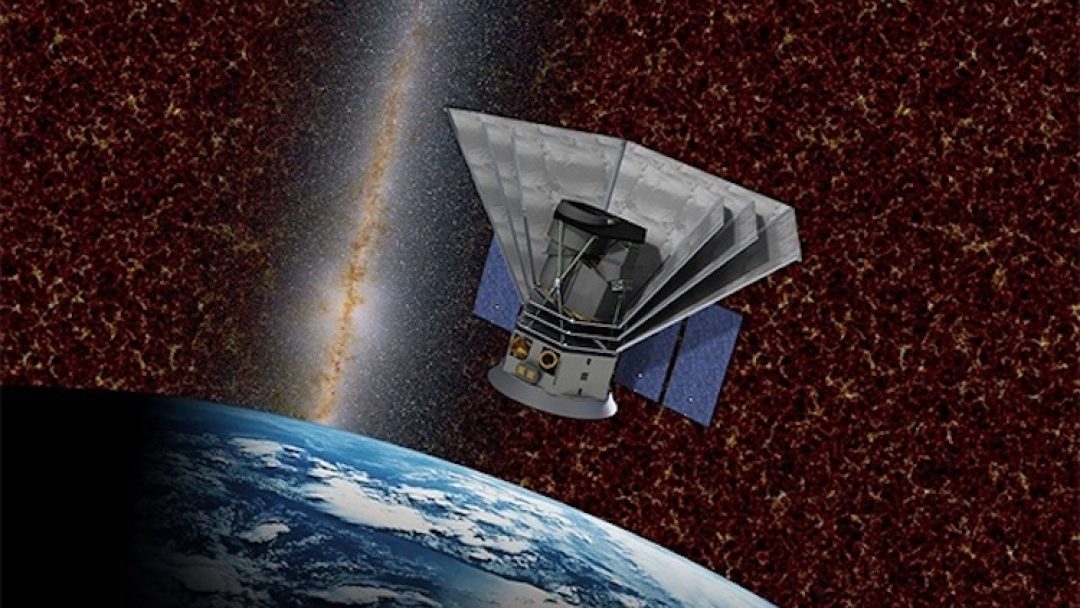On the horizon is a new space mission that will better understand the universe’s origin, and two University of Arizona astronomers will join the cause.
According to a UA press release, the two-year mission set to launch in 2023 and will consist of The Spectro-Photometer for the History of the Universe, Epoch of Reionization and Ices Explorer, or SPHEREx mission.
The $242 million program will include Elisabeth Krause, an assistant professor of astronomy and physics, and Tim Eifler, assistant professor of astronomy.
In search of the essential ingredients for life and study the universe’s earliest moments after the big bang, SPHEREx will survey galaxies.
In order to collect individual components of light for more than 300 million galaxies, the mission will utilize a space telescope.
The information will be used to examine the origin and history of galaxy formation.
Krause’s role on the mission will be to use SPHEREx to better understand the physics behind the period of time leading up to the big bang. Eifler will combine the data collected from the mission.
“This amazing mission will be a treasure trove of unique data for astronomers,” associate administrator for NASA’s Science Mission Directorate Thomas Zurbuchen said in the release. “It will deliver an unprecedented galactic map containing ‘fingerprints’ from the first moments in the universe’s history. And we’ll have new clues to one of the greatest mysteries in science: What made the universe expand so quickly less than a nanosecond after the big bang?”








